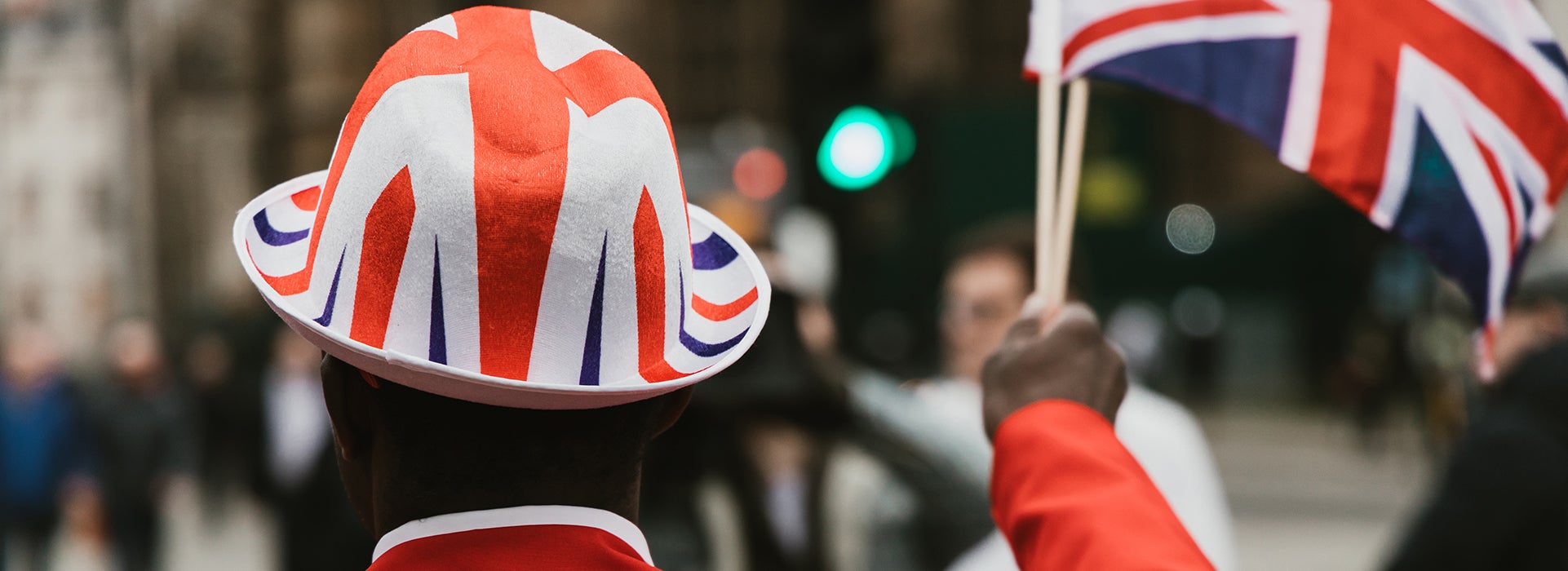While all eyes in the Netherlands are focused on the formation of a coalition, political parties throughout Europe are campaigning hard for the upcoming European elections. What will our European Parliament look like in the future? Is the shift towards the populist right also happening at European level? And what impact does this have on the effectiveness of the European Union in relation to major conflicts and the power houses of China and the US?
Rise of the populist right
Although the populist right is gaining support in various European countries, there will probably not be any major shifts in the European Parliament, says professor Ben Crum. “After elections in the Netherlands, you see that the country sometimes suddenly shifts to the left or the right, but in Europe there are real differences between the 27 countries. I expect Marine Le Pen’s nationalist party to become big in France, but the Social Democrats are also emerging again. And in Poland, where the conservative-nationalist PiS party was previously in power, there is now a government leader who is far more pro-Europe. So it balances each other out.
“With the rise of the extreme right, it’s becoming increasingly difficult in the European Parliament to obtain broad majorities for new laws and thereby to reach joint decisions. This will be at the expense of the EU’s workability and effectiveness. Parties that are critical of Europe can deliberately delay processes in order to paralyse decision-making.”
Because European politics is negotiation politics, says Crum. “Within parties, parliamentarians continue to negotiate until all objections from various countries are off the table. This becomes more difficult if anti-European voices get louder, if people don’t want to compromise when there are other interests, or if they do not want to make concessions.”
But according to Crum, the Christian Democrats, the Social Democrats and the Liberals still have the biggest say within the European Parliament. “The centrists in Europe are reasonably strong, but the expectation is that the major parties will soon have to seek support from the flanks more often. That can be on the left or on the right.”
Blocking or implementing nature and environmental policy
We will notice that parliament is becoming more right-wing on a number of issues, says Crum. “The largest party, the European People’s Party, tends to support parties on the right on a number of issues.” According to the political scientist, this may make it more difficult to implement nature and environmental policy. “In the past year and a half since the departure of Frans Timmermans, the politician behind the European Green Deal, it has become increasingly difficult to implement nature legislation, because parties on the right have blocked laws. We have seen that the chair, Ursula Von der Leyen, tends to vote with these parties, partly because of the farmers among her own supporters.” The question is whether this trend will continue after the elections.
Austerity versus investment
But the economic direction of the EU will also be an important theme in these elections, says Crum. “While we previously knew the EU as an austerity machine, in recent years since the pandemic there has been more focus on investments to keep the economies running. Bonds were issued, and a pot of €750 billion was created that member states could use for investments in green energy and environmental technology, among other things.” But according to a number of parties in the European Parliament, that time is now over and the EU must focus on spending cuts and strict supervision of member states once again.
“Ultimately, these elections are about whether the EU opts for old industry and economy – protecting major polluters, farmers and established companies – or whether it invests further in the green economy and industry, so that the EU can compete with the US and China on green technology,” says the political scientist. “In the field of digitalisation, China and the US appear to be the most important players. If Europe wants to participate, we must be able to chart our own course and there must be room to make investments.”
